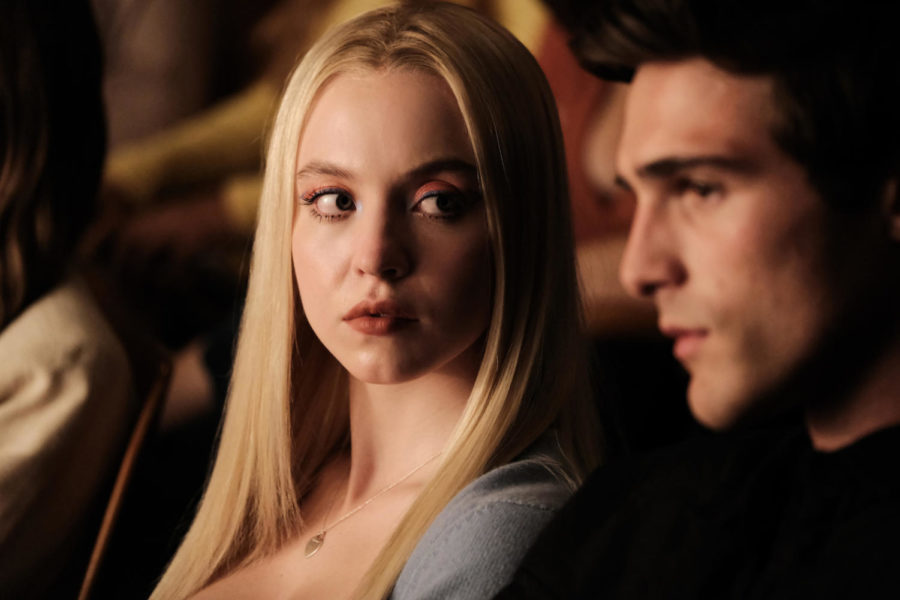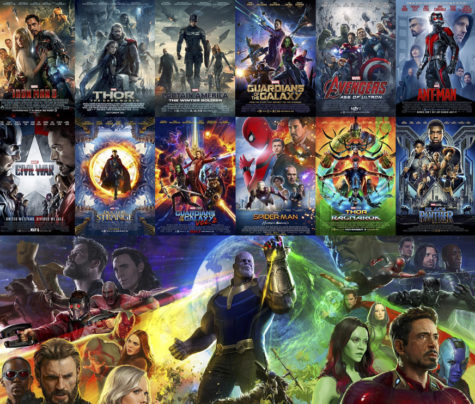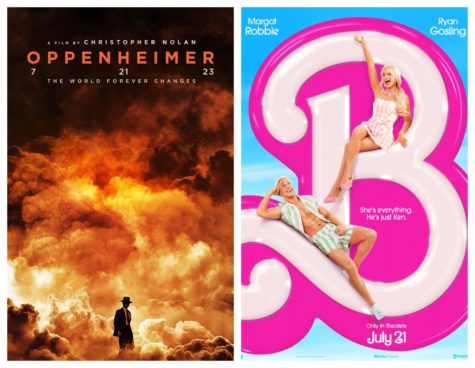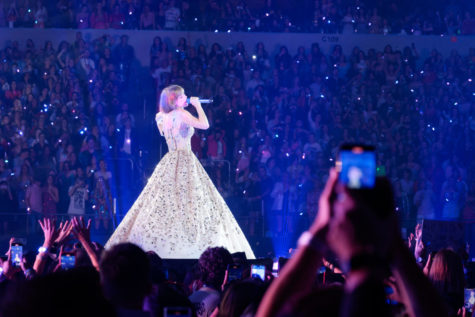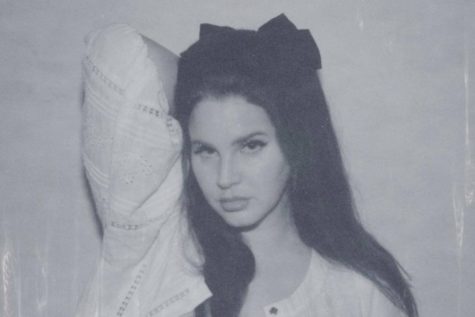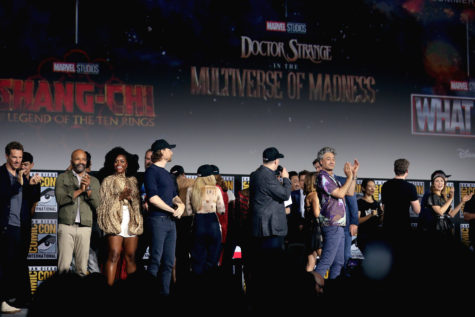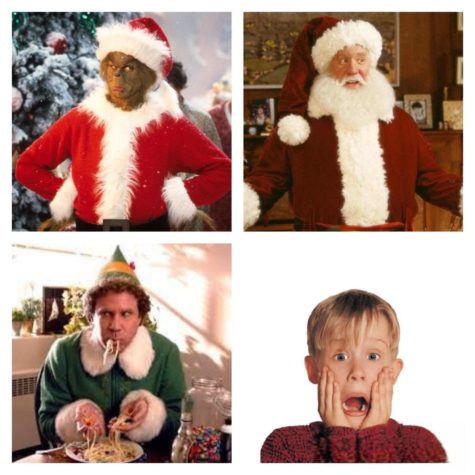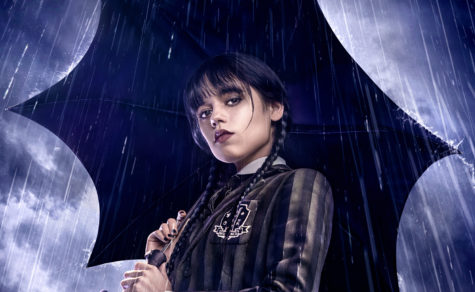How the film industry is shaping teens’ view of love
Series like Euphoria have shed light on toxic relationships, creating an unhealthy dynamic that grows popular among its younger audiences, like Cassie (left) and Nate (right).
The beautiful, good, innocent girl fixing the attractive, troubled guy’s bad ways – sound familiar? That’s because this common trope is the main plot line for many movies and series. Beauty and the Beast, Edward and Bella in the “Twilight” saga, Hardin and Tessa in “After”, Harley Quinn and Joker in “Suicide Squad”, Cassie and Nate in “Euphoria” – there’s a common theme in all of these relationships: toxicity, and the glamorization of it. The film industry is constantly romanticizing unhealthy relationship dynamics for viewers, creating a false idea of love for those especially vulnerable to it– teenagers.
The ‘good girl’ with ‘bad boy’ trope is nothing new in the entertainment industry. The idea that a girl can be the ‘perfect’ one for a guy and help ‘fix’ a bad boy sets unrealistic expectations for the audience. It doesn’t help that in most cases, these couples experience a ‘happy’ ending where they stay together. In “Suicide Squad”, the movie depicts the relationship between Harley Quinn and the Joker, to whom she completely devotes herself regardless of his clear lack of affection towards her.

This type of relationship sets unrealistic expectations for younger audiences creating a “ride or die” standard that is deemed desirable. Whether it’s wanting someone who will be your partner in crime (literally) or being the only person your partner shows any sort of affection to, this dynamic is pushed by the media.
“I don’t know why their love intrigues me so much,” freshman Freya Carter commented. “Even though I know it’s toxic, they were perfect for each other. I wish they had shown more of their back story or made a movie of them.”
Similarly, the “Euphoria” second season which recently finished premiering on HBO tackles this same trope. However, while the series shows the romantic side of this dynamic, “Euphoria” also shows its viewers the harsh realities of a destructive entanglement, mainly seen between Cassie and Nate.
Despite the blunt and raw displays of Nate and Cassie’s relationship, both of them were popular among fans, and it sparked a lot of debate over the controversial characters.
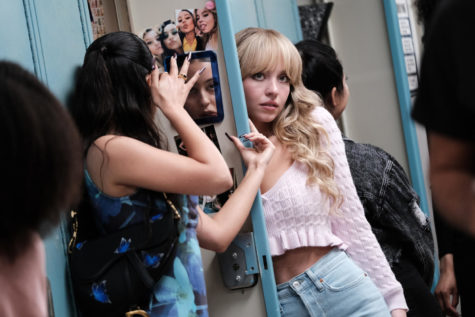
“I don’t like Cassie, but I understand her behavior,” senior Faith Preston stated. “I like how the series shows what trauma really does to someone. All Cassie wants is to be loved.”
How does all of this impact teen audiences? It sets irrational standards for what love is. The film industry stays consistent with these dynamics, typically making the couples conventionally attractive, making it easier to have an impressionable effect on its viewers. As a result of their superficial happiness in spite of their issues, a false sense of reality is created for audience members, which then creates an artificial idea of what love is supposed to look like.
Growing up with these unrealistic ideas of romance and love can heavily influence how teens go about their own relationships and what they see as okay or not okay. Every 1 in 3 adolescents will be in an abusive or unhealthy relationship, and about 33% of teens in America are victim to sexual, physical, verbal, or emotional dating abuse, according to DoSomething.org.
“I think we should prioritize healthy relationships,” junior Julia Adams said. “Better than glorifying and romanticizing the toxic ones.”
With less Cassies and Nates, there’s hope for more Jims and Pams in today’s society, and people will romanticize being happy and secure in these healthier dynamics.
Your donation will support the student journalists of Wiregrass Ranch High School. Your contribution will allow us to purchase equipment and cover our annual website hosting costs.
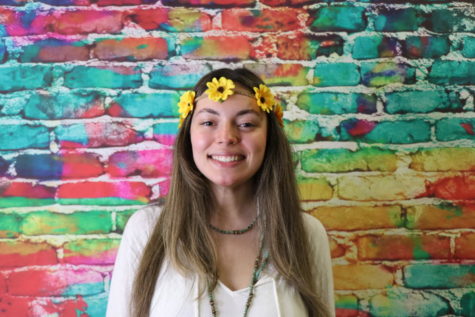
Daniela is a junior at Wiregrass Ranch and this is her first year writing for The Stampede. She is a member of Key Club, Project Hope Club, and Earth Club....

